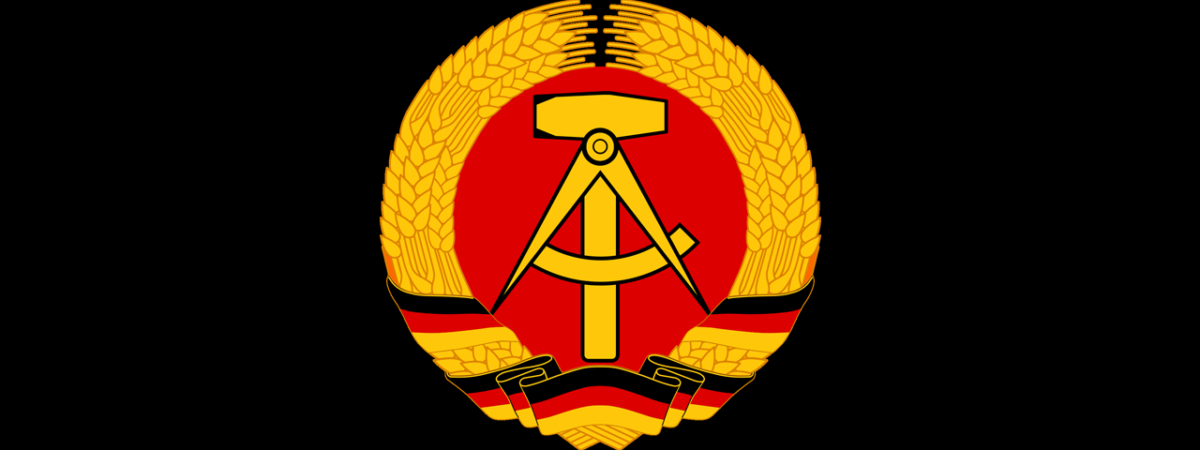An alternative history: REAL socialism is being tried. A drama in 10 acts (Part 9)
SUGGESTED



East Germany: VL/PDS government plans introduction of a temporary “exit fee”
The Guardian, 01 April 1997
The border between the two Germanies has become a ‘soft border’, not that different from the borders with Denmark or the Netherlands. Crossing it is a matter of minutes at best. This might be about to change.
Details are still scant, but the East German government has announced that they are planning to introduce an exit fee of some sort for emigrants. This could mean a literal fee payment, or a partial confiscation of assets.
The Home Secretary denies that this is an attempt to discourage emigration:
“Everyone is free to leave, and everyone will continue to be free to leave. Those who claim that this is, somehow, an attempt to bring back the Berlin Wall, are delusional fantasists. I take no lectures on this matter from anyone. I personally spent time in jail for having assisted a friend trying to escape. I am the last person in the world who would want to go back to the bad old days.
We are simply trying to reduce the free-riding of West German corporations on our education system, our apprenticeship training system, and our public services in general.
We invest a lot in our young citizens, to equip them with skills, knowledge, and a proper work ethic. We invest in their health. We invest in their safety. We do this in the hope that in the future, they, in turn, will contribute to our Republic. If they do not wish to do that – fair enough, that is their choice, which we respect. But who benefits when people emigrate in their 20s or 30s, after we have invested so much in them? Why, the West German companies they are going to work for, of course. They are effectively outsourcing their staff training to us. We are providing them with a highly skilled ersatz-workforce – for free.
Ideally, we would recoup the costs from those West German companies, who are the ultimate beneficiaries. But unfortunately, this is not how it works. So we have to ask the emigrants themselves to refund some of the money we have invested in them.
This is a temporary measure. Once our economic situation has stabilised, net migration figures will go down, and we will not need this anymore. But for now, we are still in the process of restructuring our economy, and we cannot afford to lose all those resources.”
Continue to Part 10




